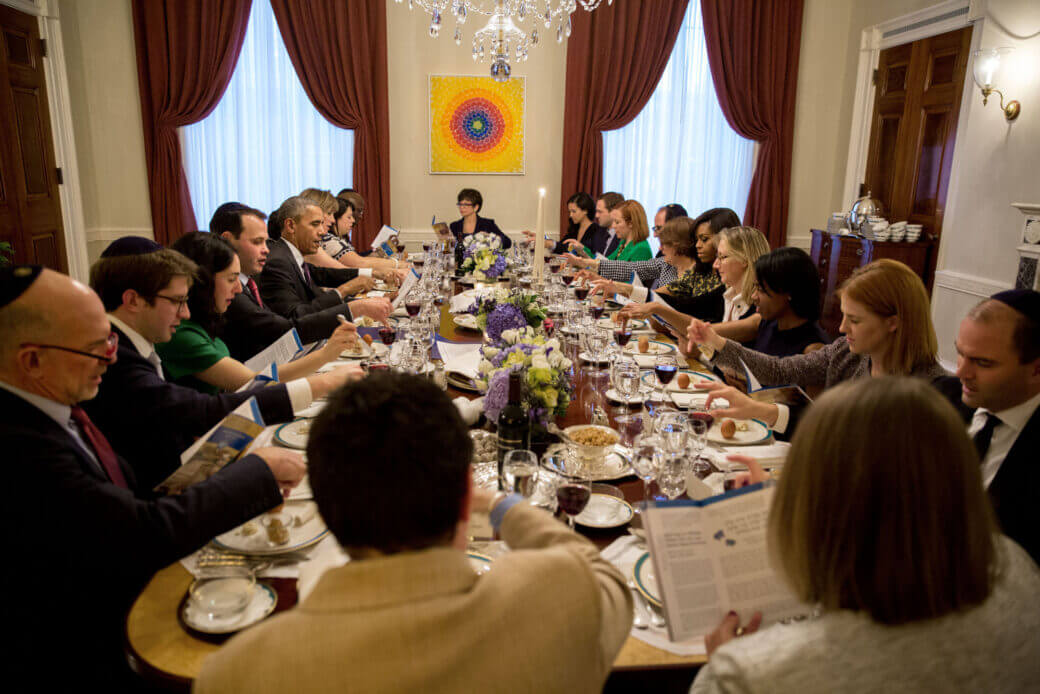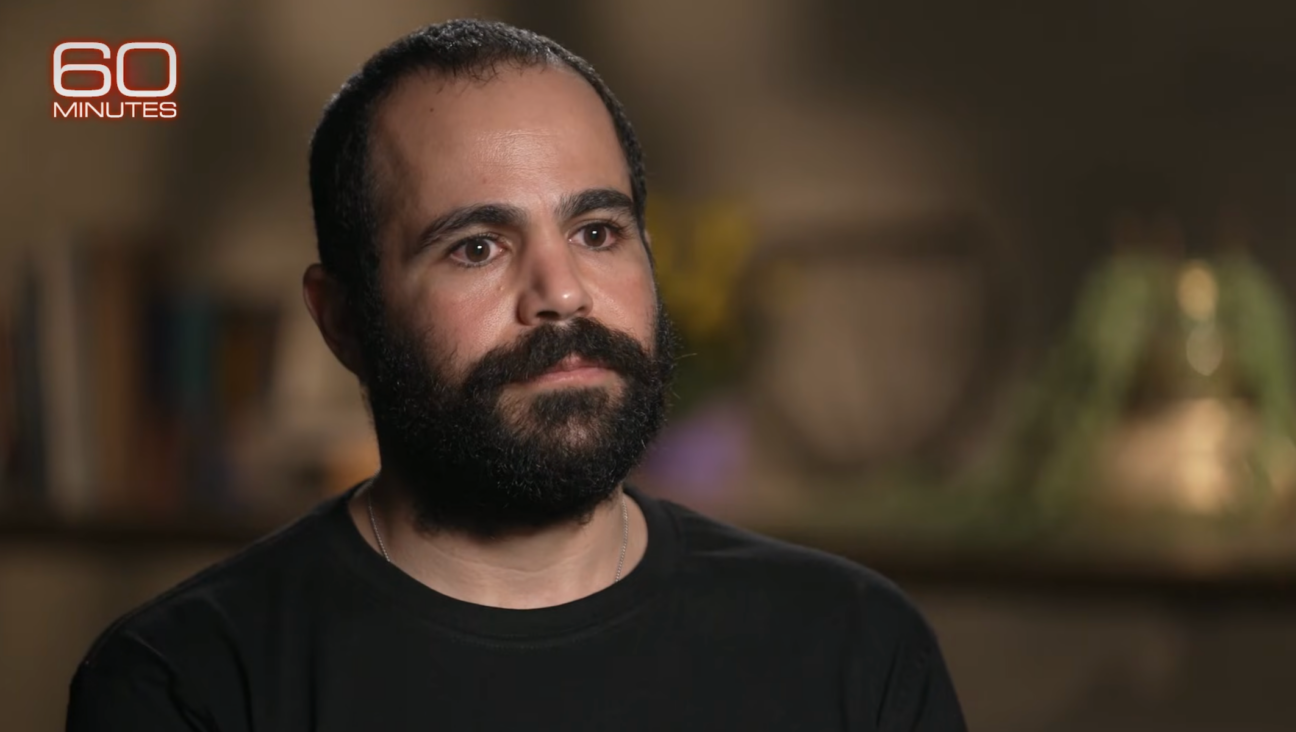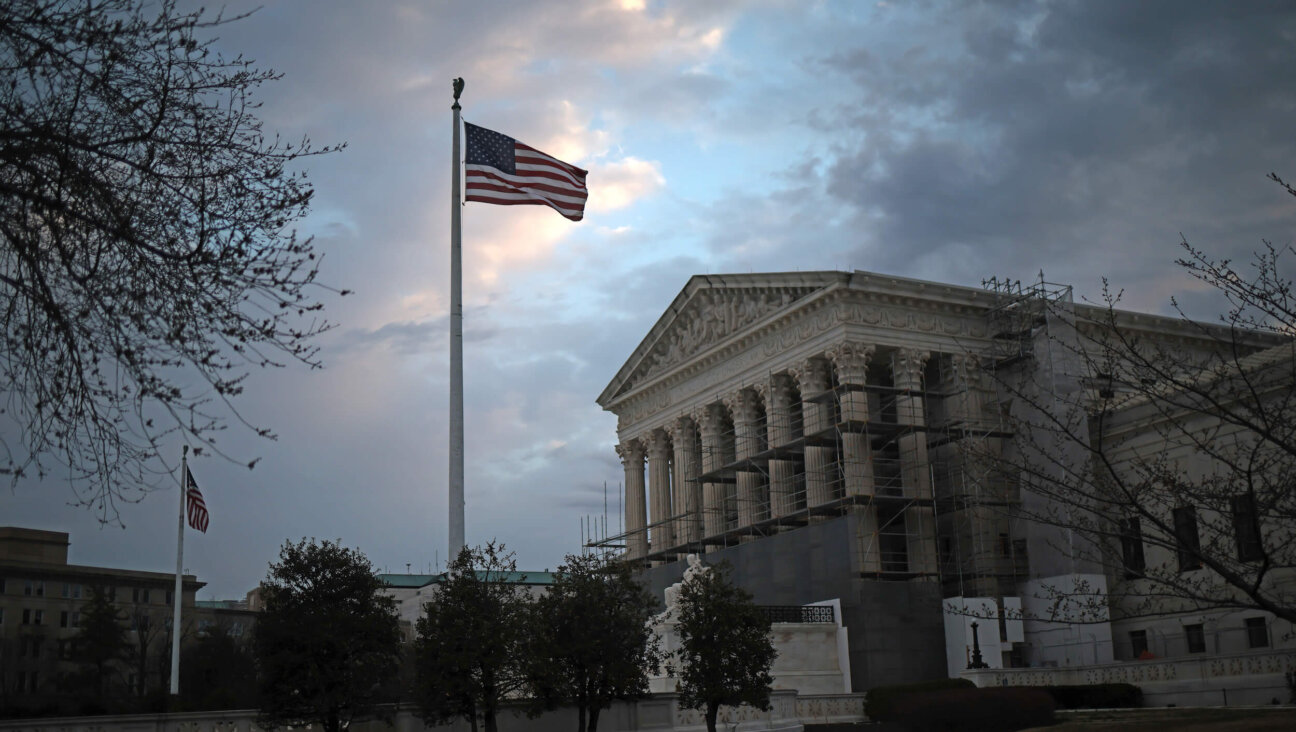Parsing a Palestinian Poll on Peace, With Prejudice
What’s in a name — or, in the case at hand, in a headline?
Well, if you’re the Zionist Organization of America, what’s in your headline is whatever distortion of the data you’re discussing that you think you can get away with.
Case in point: On November 11, the ZOA released a statement intended to prove that Israel has no partner for peace. This conforms to the ZOA view of the world, so it comes as no surprise. The headline of the ZOA release reads, “Poll: 85% Of Palestinians Oppose Peace If It Means Compromise On ‘Right of Return,’ J’Lem, Borders, Settlements,” and the next line informs us that “83% say Arab state should be all Israel/W. Bank/Gaza.”
Presumably most of those who read the release did not delve into the actual survey, which was conducted by a Palestinian research center based in Ramallah. They likely took the conclusion reached by Morton Klein, national president of the ZOA, as a fair statement of the results. Here is how Klein put it: “This poll is important because it goes into greater detail than usual as to what Palestinians think about negotiating a peace agreement with Israel. It is therefore quite clear from these results — as well as that to be found in several earlier polls of Palestinian opinion — that the vast majority of Palestinians do not accept Israel’s existence under any circumstances. Even the so-called ‘one state solution’ is not at all supported if it requires equal rights and equal power for Jews. It could scarcely be clearer that the bulk of Palestinians want an Arab-dominated Palestinian state on all the territory of Israel, not a peaceful polity of their own alongside Israel.”
From which it follows that it is folly for Israel to negotiate with the Palestinians, much less to make any concessions to them.
But it turns out that the poll itself, the one that enables Klein to say these hopeless things, is considerably more complicated than the release implies. So, for example, it turns out that 66% of Palestinians favor peace negotiations with Israel, even if they are skeptical that such negotiations will in fact lead to peace.
True, respondents overwhelmingly say that a Palestine that stretched all the way from the Jordan River to the Mediterranean would be desirable (a full 65% call it “essential”) — but at the same time, in assessing the desirability of a two-state solution, 69% regard it as either “tolerable,” “acceptable,” “desirable” or “essential,” and a plurality think it the most realistic and achievable outcome.
Klein and his ZOA do not misstate the results they report; they simply ignore other results that, taken together, indicate substantial ambivalence regarding the current situation, an ambivalence that, in many ways, is mirrored among Israel’s Jews. If one could simply wish away the Palestinians, would Israelis not prefer an Israel from the Jordan to the Mediterranean? But do they not regard a two-state solution as the best solution, given all the circumstances of the conflict?
In fact, the more surprising result of the poll is the dramatic growth in approval of Mahmoud Abbas’s Fatah faction as compared to Ismail Haniyeh’s Hamas, even in Gaza itself. Overall, 43% of Palestinians rate the performance of President Abbas as “good,” and 27% say they would vote for him today — including 38% of Gazans. Haniyeh, the Hamas leader in Gaza, receives only an 18% “good” rating, and just 9% would vote for him today.
The poll was conducted by the Arab World for Research and Development, and its own executive summary is as sunny as the ZOA press release is glum: “The results confirm the in-principle commitment of Palestinians to peace negotiations. Hesitance to support the current process is a reflection of the inability of the process to deliver rather than an ideological opposition to peace, negotiations and coexistence.” Indeed, while only 27% believe that the current negotiations sponsored by the United States will ever lead to a sovereign Palestinian state in the West Bank and Gaza, another 38% believe that the current negotiations might lead to a state; in contrast, just 33% say that the current negotiations won’t lead to a state.
It is difficult, if not downright impossible, to draw definitive conclusions from polls of people caught up in an immensely complicated process that has rendered many of them ambivalent and that finds a good number with views that appear to contradict each other. We in America can see this in polls on the new health care law. But the ZOA does not suffer ambivalence gladly; where others choose to ponder, it chooses to pounce.
The Forward is free to read, but it isn’t free to produce

I hope you appreciated this article. Before you go, I’d like to ask you to please support the Forward.
At a time when other newsrooms are closing or cutting back, the Forward has removed its paywall and invested additional resources to report on the ground from Israel and around the U.S. on the impact of the war, rising antisemitism and polarized discourse.
Readers like you make it all possible. We’ve started our Passover Fundraising Drive, and we need 1,800 readers like you to step up to support the Forward by April 21. Members of the Forward board are even matching the first 1,000 gifts, up to $70,000.
This is a great time to support independent Jewish journalism, because every dollar goes twice as far.
— Rachel Fishman Feddersen, Publisher and CEO
2X match on all Passover gifts!
Most Popular
- 1

Film & TV What Gal Gadot has said about the Israeli-Palestinian conflict
- 2

News A Jewish Republican and Muslim Democrat are suddenly in a tight race for a special seat in Congress
- 3

Culture How two Jewish names — Kohen and Mira — are dividing red and blue states
- 4

Fast Forward What Mahmoud Khalil says about Gaza and Israel in ‘The Encampments’ documentary
In Case You Missed It
-

Books The White House Seder started in a Pennsylvania basement. Its legacy lives on.
-

Fast Forward The NCAA men’s Final Four has 3 Jewish coaches
-

Fast Forward Yarden Bibas says ‘I am here because of Trump’ and pleads with him to stop the Gaza war
-

Fast Forward Trump’s plan to enlist Elon Musk began at Lubavitcher Rebbe’s grave
-
Shop the Forward Store
100% of profits support our journalism
Republish This Story
Please read before republishing
We’re happy to make this story available to republish for free, unless it originated with JTA, Haaretz or another publication (as indicated on the article) and as long as you follow our guidelines.
You must comply with the following:
- Credit the Forward
- Retain our pixel
- Preserve our canonical link in Google search
- Add a noindex tag in Google search
See our full guidelines for more information, and this guide for detail about canonical URLs.
To republish, copy the HTML by clicking on the yellow button to the right; it includes our tracking pixel, all paragraph styles and hyperlinks, the author byline and credit to the Forward. It does not include images; to avoid copyright violations, you must add them manually, following our guidelines. Please email us at [email protected], subject line “republish,” with any questions or to let us know what stories you’re picking up.















